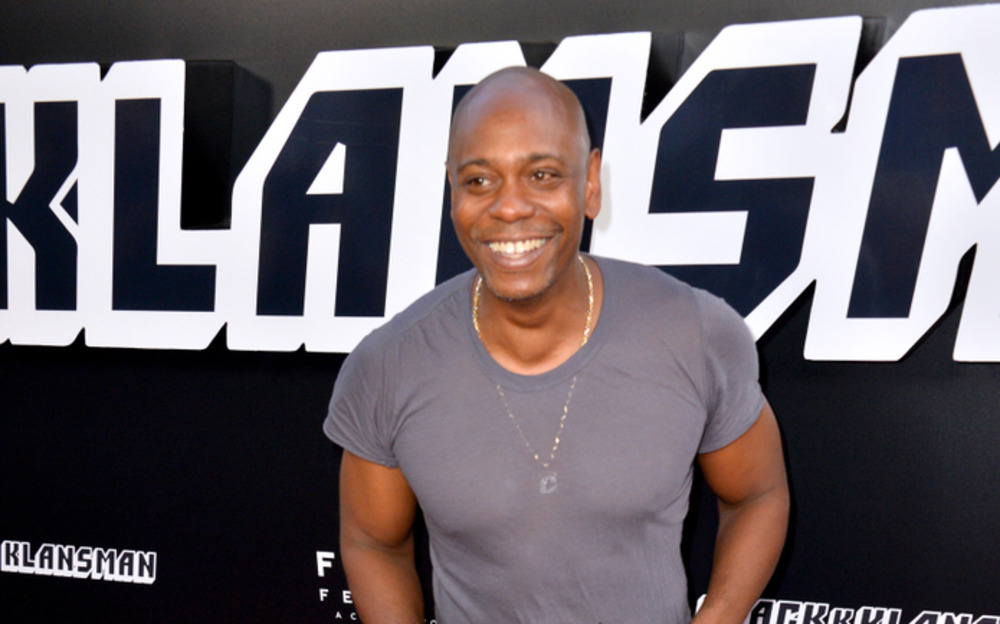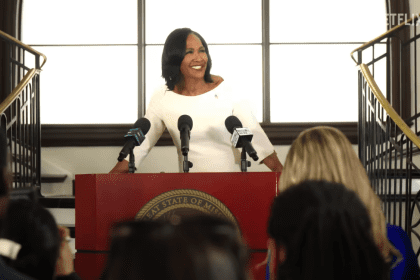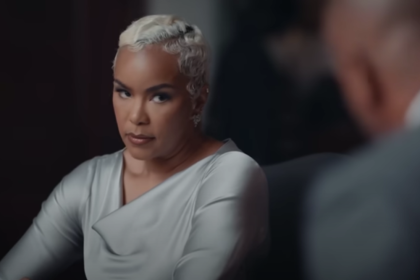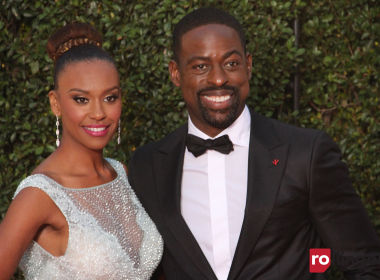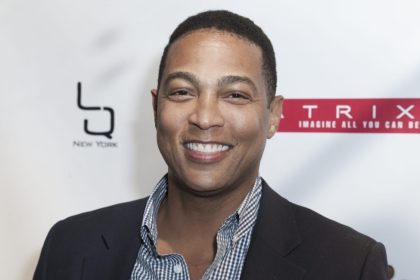In a surprising turn of events, renowned comedian Dave Chappelle will not be hosting the post-election episode of “Saturday Night Live”, a role he has held since 2016.
The tradition of Chappelle on ‘SNL’
Chappelle’s history with “SNL” has been significant, particularly during pivotal moments in American politics. His opening monologues following the 2016 and 2020 elections were not only comedic but also reflective of the cultural zeitgeist. In 2016, after Trump’s unexpected victory, Chappelle expressed his disbelief, stating, “I didn’t know Donald Trump would win the election because I know the whites.” In 2020, following Joe Biden’s win, he humorously thanked “God for COVID” for keeping people indoors during the tumultuous election season.
Bill Burr takes the helm
Instead of Chappelle, comedian Bill Burr has been announced as the host for the upcoming episode airing on Nov. 9. The decision to replace Chappelle has sparked outrage among fans, many of whom took to social media to express their disappointment. One Twitter user lamented, “The post-election ‘SNL’ host not being Dave Chappelle is a crime. He won Emmys for his 2016 and 2020 gigs.”
Fan reactions and speculations
The announcement of Chappelle’s replacement was met with a mix of shock and speculation. Some fans questioned the decision, suggesting that “SNL’s” choice to go with Burr may have been influenced by the backlash Chappelle faced for his controversial jokes, particularly regarding the LGBTQ+ community. Chappelle’s previous hosting stints have not been without controversy, especially after his Netflix special, “The Closer,” which drew significant criticism.
Comments on social media reflected a divide among fans. While some expressed their discontent, others welcomed the change, with one user tweeting, “Finally, not Dave Chappelle!” This highlights the ongoing debate surrounding Chappelle’s comedic style and the boundaries of humor in today’s cultural landscape.
Chappelle’s decision to decline
Reports indicate that Chappelle turned down the hosting gig after discussions with “SNL” producers. According to sources, he felt there were disagreements regarding the content he could cover in his monologue. A Twitter user claimed that Chappelle mentioned his decision during a recent comedy show, suggesting that the relationship between him and the network may have been strained.
Chappelle’s decision not to host raises questions about the future of comedy in politically charged environments. As comedians navigate the complexities of cultural sensitivities, Chappelle’s absence from the post-election episode may signify a shift in how comedy interacts with current events.
The impact of controversy on comedy
The backlash against Chappelle’s previous performances has sparked discussions about the role of comedians in addressing societal issues. Many argue that comedy should challenge norms and provoke thought, while others believe that it should be more mindful of its impact on marginalized communities. This ongoing dialogue reflects broader societal changes and the evolving expectations of public figures.
A new era for ‘SNL’
As “SNL” prepares for its post-election episode without Chappelle, the show faces the challenge of addressing a nation grappling with political division and uncertainty. Burr, known for his own brand of controversial humor, will take the stage in a time when audiences are eager for laughter yet sensitive to the implications of comedic content.

